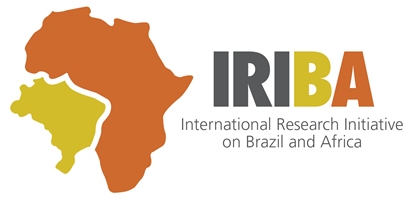Brazil and corruption: don’t hate the player, hate the game?
Much of IRIBA’s research has been cautiously optimistic, analysing changes that saw Brazil embark on a path of pro-poor growth and consolidate its newly redemocratised institutions. Now, the distinctive development ‘model’ that emerged in the early 2000s faces its first major challeng
Social policy and inclusive growth in Brazil
Inclusive growth doesn’t come out of nowhere. IRIBA’s Professor Armando Barrientos explains the ways in which socially-oriented policy decisions led to economic growth that primarily helped to increase the incomes and wellbeing of Brazil’s poorest, rather than that o
November 18, 2016
Comments are off
Brazil in political crisis: what has happened, and what might it mean for development?
IRIBA’s research has argued that in recent decades Brazil has followed a distinctive development trajectory. This has centred on inclusive growth and the use of innovative tax-financed social policy in reducing poverty and inequality and bolstering long term human development. However
Watch: The Brazilian development model debated
Last week, we teamed up with Johns Hopkins SAIS to debate the Brazilian development model and its potential implications for African countries. Watch the event:
Using competition between institutions to tackle corruption in Brazil
As in many countries, dealing with corruption is a huge issue in Brazil. Its impact on broader society was regularly cited by protesters demanding better public services last year. Professor Mariana Prado and Lindsey Carson have taken a detailed look at Brazil’s approach to tackling c
© IRIBA 2014 | All rights reserved I Google+
Hosted by The Brooks World Poverty Institute
